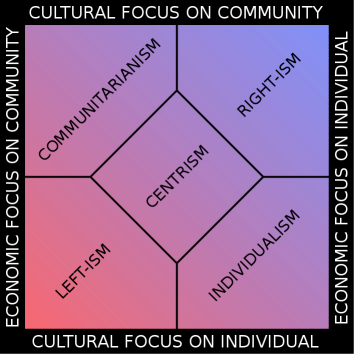Yeah, all time. I could even say Top 10 Books in All Possible Worlds. They’re that awesome.
People often ask me what are my favourite books, or the books that have most influenced me – in philosophy, science, history etc. So I figured I’d post ’em here to fuel my laziness; if I’m asked in future, I can just give a URL. Nice.
 The Iliad – Homer
The Iliad – Homer
Sing, o muse… Not sure what’s more astounding, that it’s one of the first written works in human history, or that it’s still one of the most profoundly moving books, dripping with pathos and turgid prose the likes of which a pitiful writer like myself can only dream. I mean, rosy fingered Dawn, who spread her light across the lands of the deathless gods and mortal men. Sublime.
There’s a also lesson in reading in reading the Iliad, too. It’s the catalogue of ships. It’s almost the peer of all the begetting in Genesis (well, I assume Genesis is worse because I’ve never made it through that whole section). But it’s like you have to earn the rest of the tale. That makes it all the more epic. In fact, every epic has a catalogue of ships. My thesis has its literature review…
Although I still have an unresolved question: who would win in a fight between Achilleus and Arjuna. Man, that’d be an epic bout.
More below the fold…
(more…)

